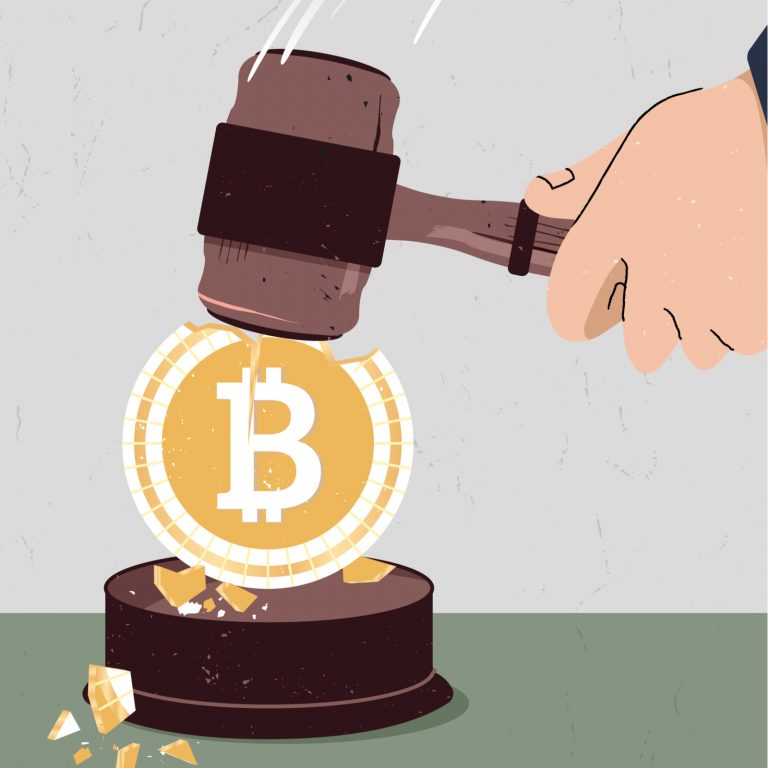2018-7-12 09:27 |
The head of a major economic zone located in crypto powerhouse the Philippines has come forward with his prediction that the country will see over $67 million in newly-generated financial interactions following its decision to begin issuing crypto exchanges licenses to legally distribute the coins as securities.
CCN reported earlier this month that the federal government of the country took a major step in the normalization and institutionalization of crypto with their choice to legalize exchanges within the CEZA, or the Cagayan Economic Zone Authority. Additionally, companies registering as crypto exchanges in this under this new economic umbrella will be given unique tax advantages and a variety of offerings to get their businesses off of the ground.
This was a big win for Initial Coin Offerings. As the explosion of Bitcoin and other altcoins in 2017 prompted the creation of thousands of new coin offerings, many governments have considered how to respond in a regulatory capacity. One particularly problematic portion of the new business is the continued prevalence of “pump and dump” schemes, scams in which businesses artificially inflate the worth of a coin before dumping all of their currency in exchange for real, fiat profits.
The Philippines has also debated the ways that they may be able to respond to the increasing threat without stifling the innovation which blockchain technology invariably inspires within welcoming economic conditions. In the end, they chose to take a semi-sandbox approach. The government set up an economic zone which would be most welcoming to blockchain technologies and to cryptocurrencies, likely in an effort to begin to understand more from this case study about how the government can best regulate without over-limiting.
New LicensesShortly after the announcement that they would begin issuing licenses to crypto exchanges within this economic zone, the regulatory authority has seen the successful applications of 10 separate platforms which claim to have roots in cryptocurrency exchange. The chief of the CEZA stressed that there is a wide variation in the potential applications espoused by the corporations.
Hailing from Japan, Hong Kong, Malaysia, and even Korea, the platforms and companies applying for licensing have much to offer the growing crypto sector within the Philippines. Additionally, the economic zone has promised to issue 25 more primary licenses earlier in this month to exciting new crypto exchanges.
But this license does not come without its own caveat. Applications must come with a promise of $1 million or more in two years invested by the company into the growing economic zone.
Significant InterestIt isn’t just the lucky 35 companies who are already on the shortlist who have vested interest in applying for the lucrative contracts. According to inside sources, at least 70 operators have applied to gain some type of license.
It is projected that this economic zone will make unprecedented profits off of the new licensing program. Chief Roquero predicts that CEZA will make over $67 million off of its first round of 25 licenses. Moving forward, this ecomic zone will be an area to watch for all of crypto, but an especially important case study for sandbox-interested regulators around the world.
origin »Emerald Crypto (EMD) íà Currencies.ru
|
|









